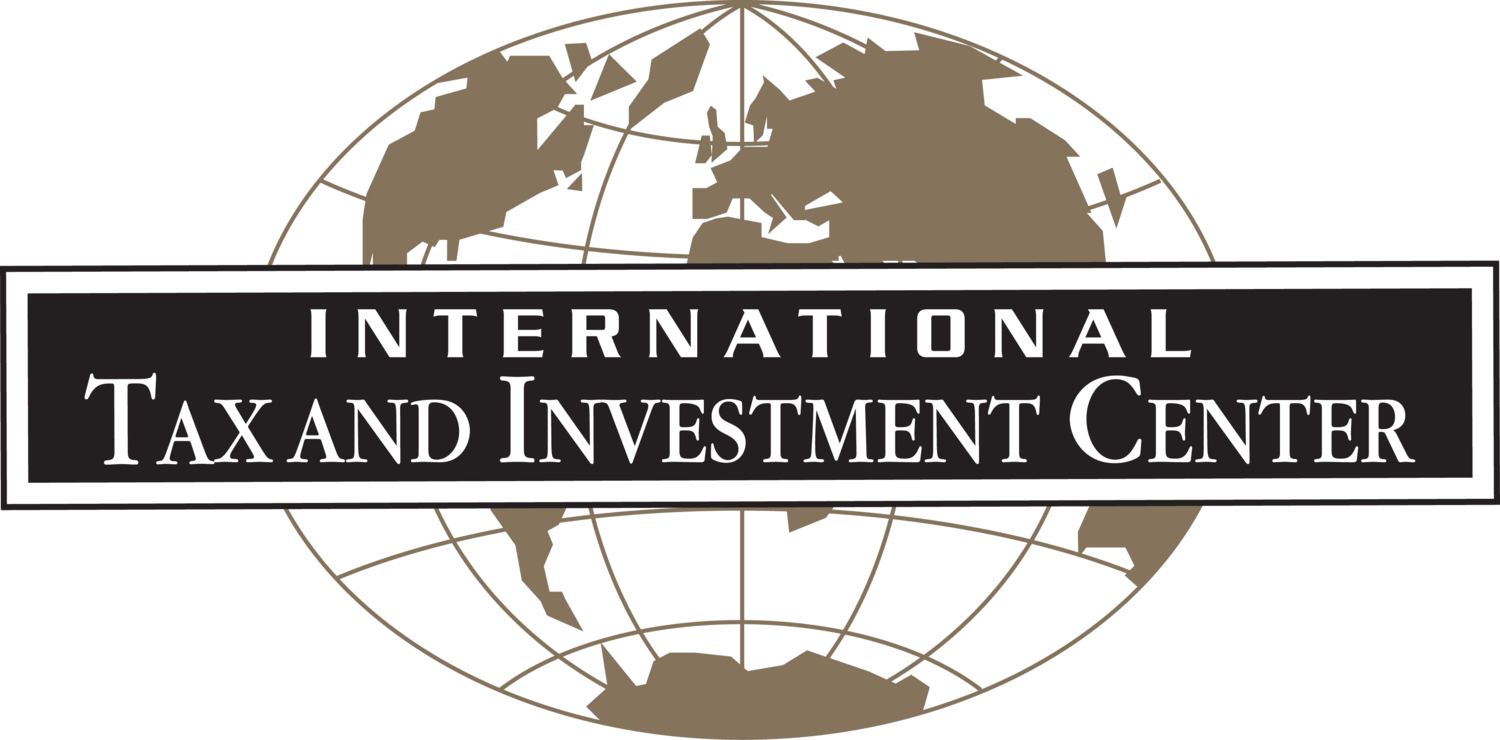Dave Hartnett is former Permanent Secretary for Tax of Her Majesty’s Revenue and Customs in the United Kingdom and currently serves on ITIC's Board of Directors. The commentary below is excerpted from remarks he recently delivered at an ITIC Diplomatic Dialogue luncheon in the House of Lords in London. The development of an effective, honest, knowledgeable, and trusted tax administration is crucial and a top priority for developing countries worldwide. Tax administration must be free of corruption and able to address all the challenges that come its way. These challenges may involve tax collection, management of taxes and duties at borders, introduction of an effective Value Added Tax or sales tax, and administration of developing law.
It is important for developing countries to have a full understanding of the BEPS reforms, and the OECD is to be commended for its achievements to date, but putting in place an effective and efficient tax administration must be the first step.
Aggressive tax avoidance and the unwillingness of some tax practitioners to work with tax administrations is still a major issue, particularly in parts of Africa. At the same time, there is a concern on the part of some business leaders in some developing countries that they are being asked to operate to a higher standard than other taxpayers.
In some countries, the tax administration has lost the trust and respect of its citizens and business alike due to a range of factors including: failure to tackle corruption inside the organization, failure to address dishonest competition – e.g., computer parts imported as fruit to evade duties, bribery of judges, cash wages in brown envelopes to avoid withholding, and governments all too ready to criticize tax administrations in order to court public opinion.
In one country the parliament has voted to suspend all tax audits except those of MNEs; the result is that most tax is paid by MNEs, hence a huge perception of unfairness. In many cases, MNEs are audited to meet the needs of the Finance Ministry, with audit becoming a tax-raising process rather than a checking procedure.
The IMF and other advisory bodies have produced helpful guidance on priority steps to ensure a skilled, effective and efficient tax administration. Among the top priorities is fair remuneration for tax officials.
Beyond that important practical step, though, is the need to achieve an appropriate fit between the capability and capacity of a tax administration and what it is required to do. Addressing transfer pricing and thin capitalization issues, for example, may not always be the most important demands on limited resources.
On the individual level, the goal should be a perceived sense of fairness in the tax system so that, for example, employees within a withholding system do not feel they are the only individuals paying tax.
On the corporate level, it is critically important to maintain and develop the dialogue between business and governments that ITIC has pioneered and facilitated for many years. Business has a role to play in developing the skills of tax administrations – showing how accounts are prepared, revealing how intra-group cross-border charges are calculated, demonstrating how tax computations are put together, and so on. Demystifying these processes will go a long way toward decreasing suspicions and building trust with tax administrations.

